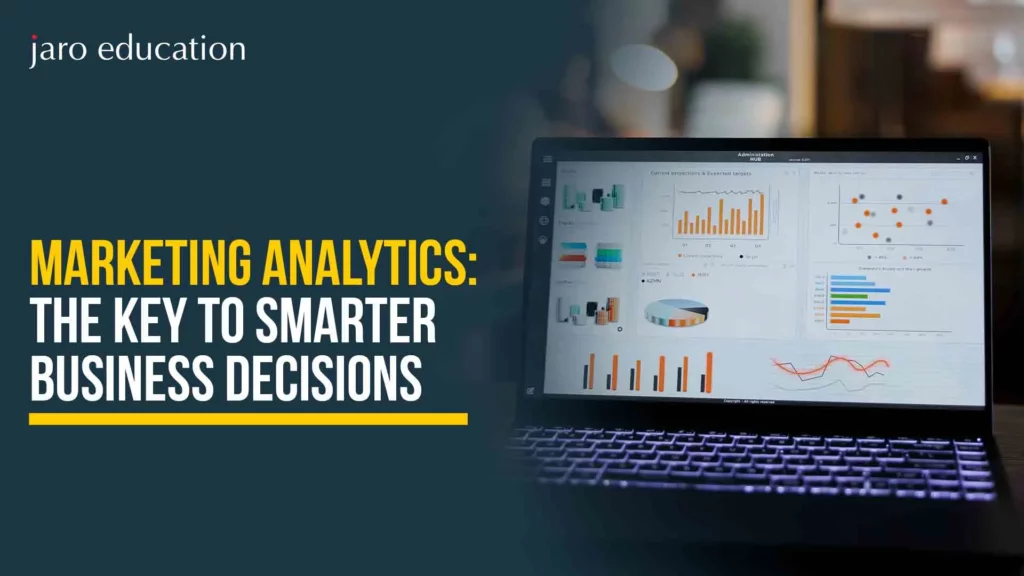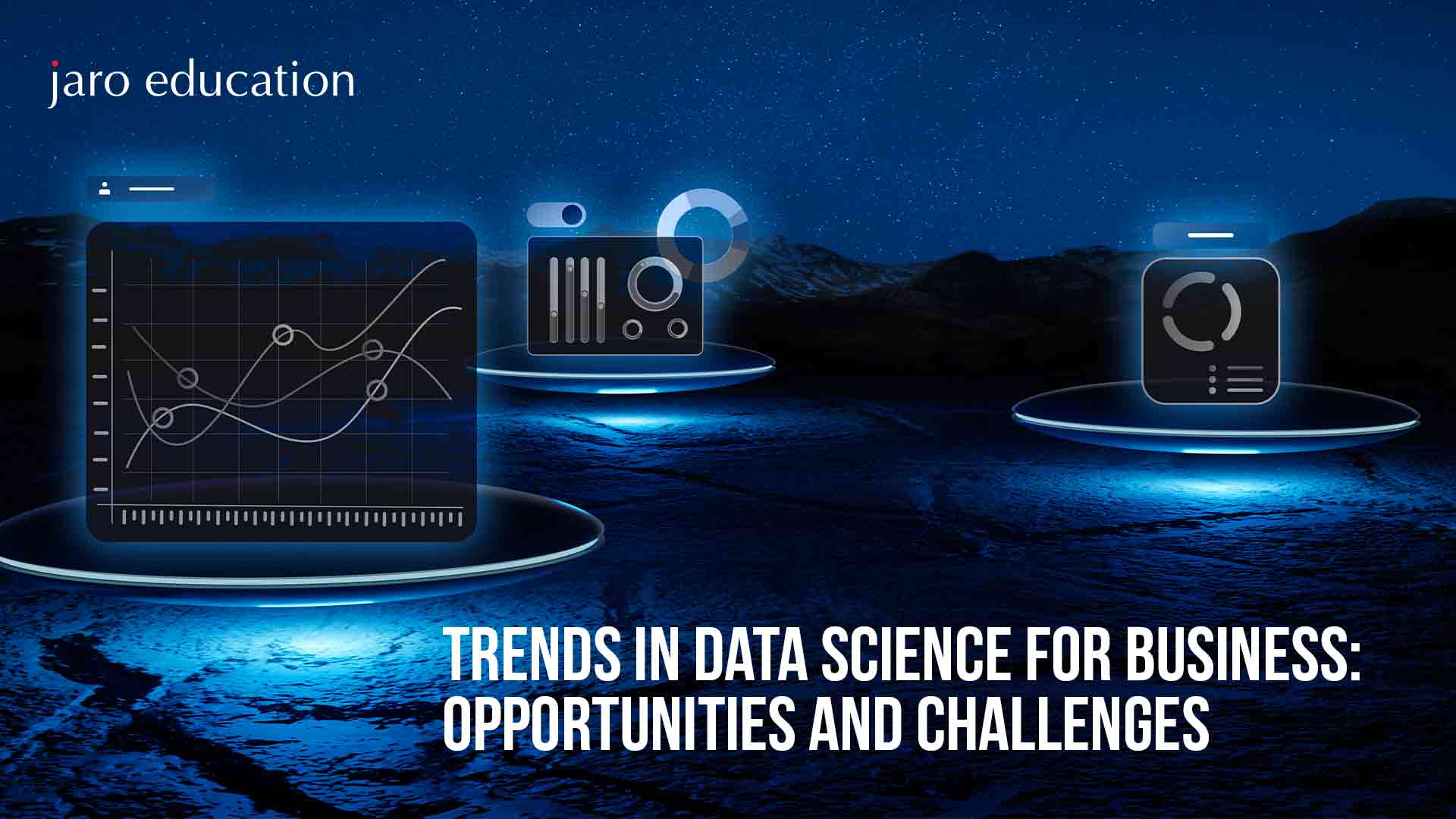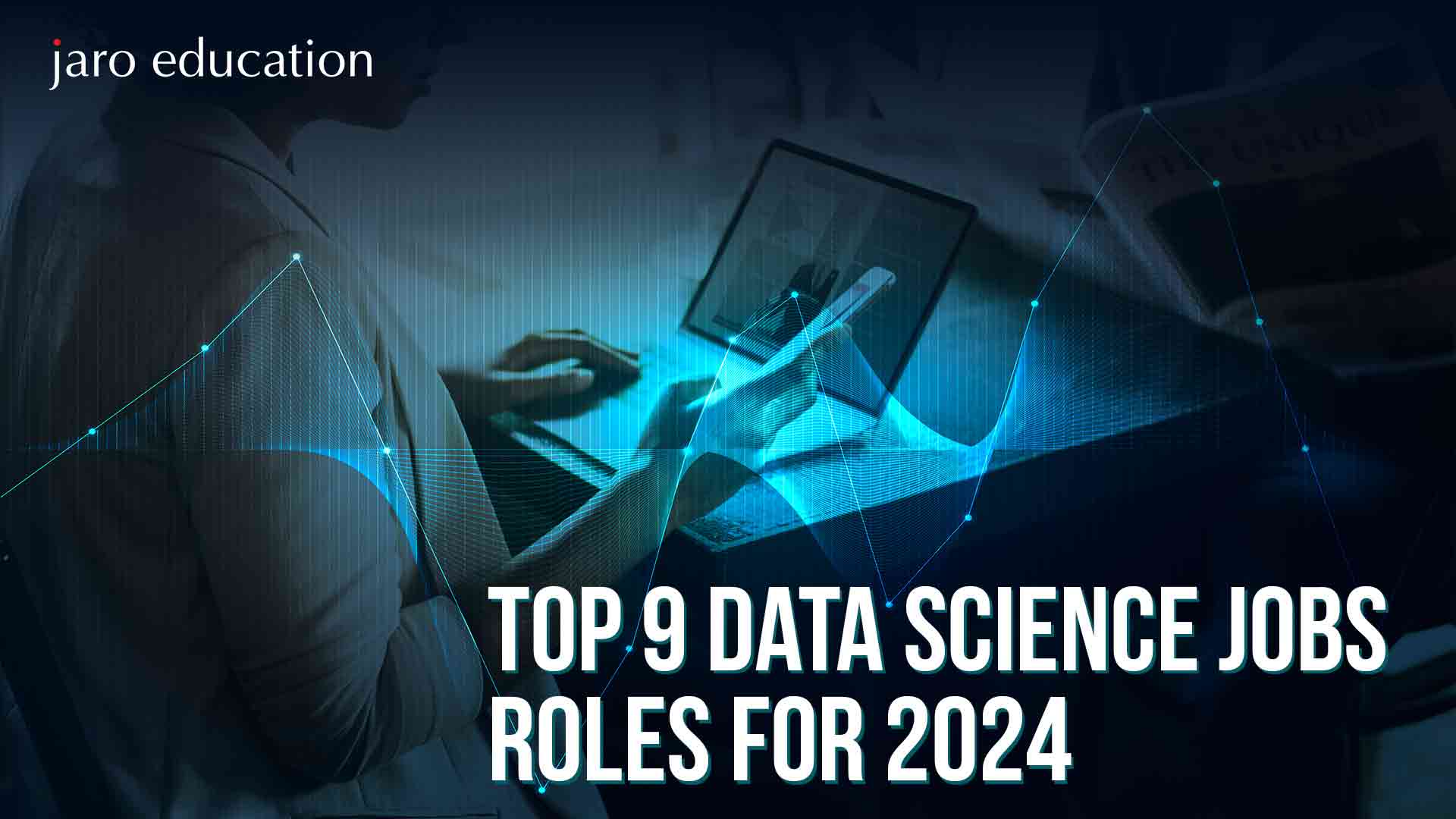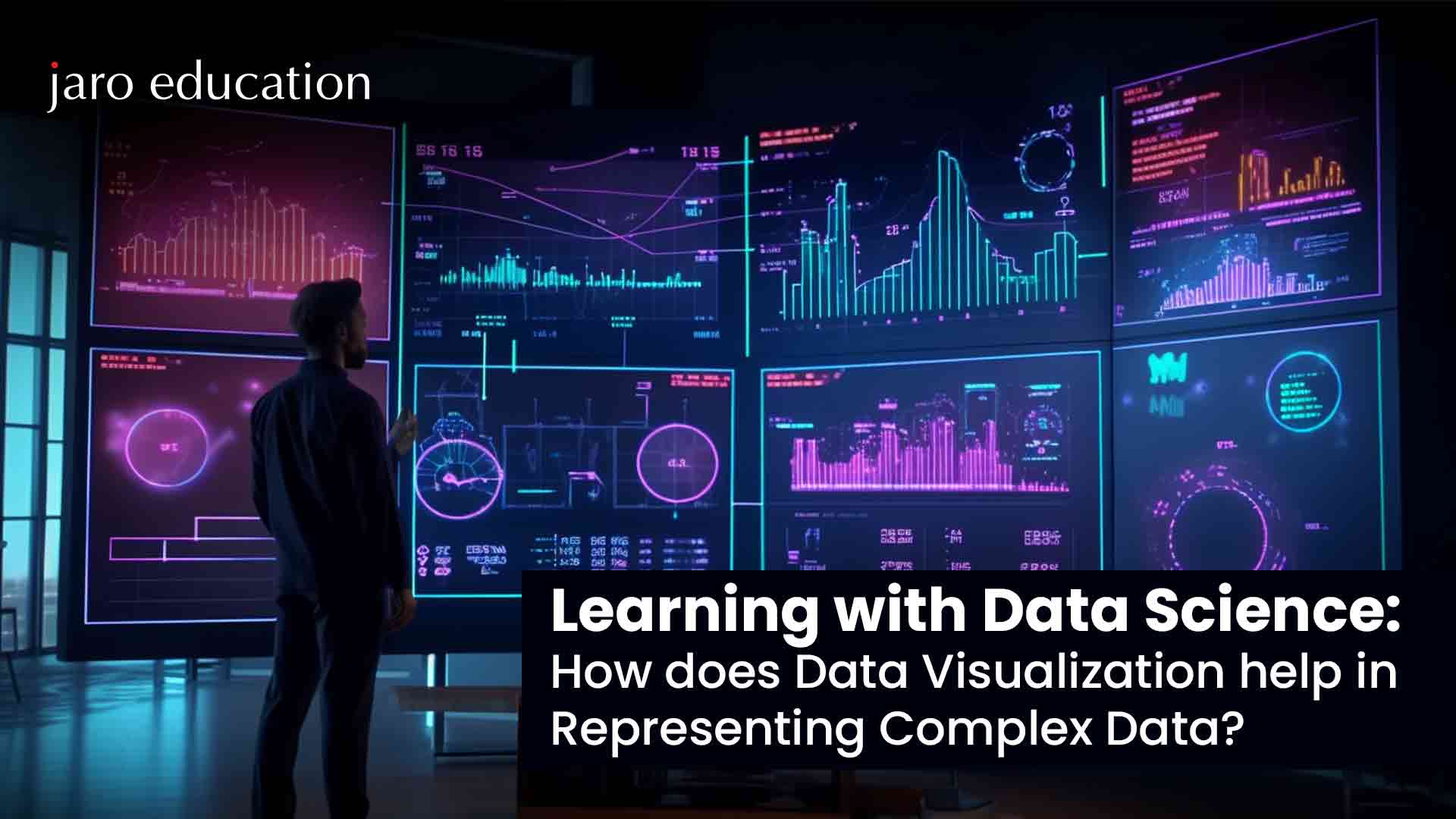Understand the Essential Computational Skills for Data Science
Table of Contents

- jaro education
- 28, July 2023
- 2:05 am
As data science continues to become a critical component of business operations across industries, it is increasingly important for professionals to possess the essential computational skills required to get success in this field. Whether you are a seasoned data scientist or just starting out, possessing the necessary statistical, mathematical, programming, data management, data visualization, machine learning, and communication skills has become vital.
In this blog, we will discuss the importance of computational skills in data science and explore how these skills can help working professionals succeed in their careers. We will delve into the pain points faced by professionals in the industry, and how developing these skills can help them overcome these challenges.
Come, let’s begin!
Statistical and Mathematical Skills
Understanding basic statistical concepts
Data science requires a solid foundation in statistical concepts, such as mean, median, mode, variance, standard deviation, correlation, and regression. Without this understanding, it can be difficult to accurately interpret and draw insights from data.
Ability to apply statistical methods
Data scientists should be able to select and apply appropriate statistical methods to analyze data, including hypothesis testing, ANOVA, chi-square tests, and more. This requires a deep understanding of the strengths and limitations of different statistical methods and the ability to apply them in real-world scenarios.
Knowledge of linear algebra, calculus and probability theory
These mathematical concepts are essential for many data science tasks, such as optimization, machine learning algorithms, and deep learning. Linear algebra is used to solve systems of linear equations and perform operations on matrices, while calculus is used to optimize functions and calculate derivatives. Probability theory is used to model random events and uncertainties, which is critical in many machine learning applications.
Programming Skills
Proficiency in programming languages (Python, R, etc.)
Data scientists should have a strong command of programming languages commonly used in data science, such as Python and R. They should be able to write code to perform data manipulation, analysis, and modeling tasks.
Ability to write clean and efficient code
Writing clean, efficient code is essential for building scalable data science applications. Data scientists should be able to write code that is easy to read, debug, and maintain. They should also be able to optimize code for enhancing performance and scalability.
Familiarity with data structures and algorithms
Data structures, such as lists, arrays, and dictionaries, are used to organize and manipulate data. Algorithms are used to solve specific problems or perform tasks, such as sorting, searching, and clustering. Data scientists should be familiar with these concepts to efficiently process and analyze large datasets.
Data Management Skills
Knowledge of SQL and NoSQL databases
Ability to manipulate data using tools like Pandas, Spark, etc.
Data scientists should be proficient in using tools like Pandas, NumPy, and Spark for data manipulation, cleaning, and transformation. This includes merging data, reshaping data, and dealing with missing values.
Understanding of data warehousing and data lakes
Data warehousing and data lakes are two approaches to storing and managing large volumes of data. Data scientists should have a strong understanding of these concepts to effectively store and manage data for analysis.
Data Visualization Skills
Ability to create visualizations that effectively communicate data insights
Data scientists should have the ability to create visualizations that effectively communicate insights from data. This includes selecting appropriate charts, colors, and labels to present data in a clear and concise manner.
Familiarity with data visualization tools (Tableau, Power BI, etc.)
Data visualization tools like Tableau and Power BI are commonly used in data science. Data scientists should be familiar with these tools and understand how to use them to create compelling visualizations.
Understanding of best practices for data visualization
There are many best practices for data visualization, such as avoiding chartjunk, labeling axes clearly, and using appropriate colors. Data scientists should understand these best practices to create effective visualizations.
Machine Learning Skills
Knowledge of machine learning algorithms
Machine learning is a core component of data science, and data scientists should have a strong understanding of machine learning algorithms. This includes supervised and unsupervised learning algorithms, such as linear regression, logistic regression, decision trees, clustering, and neural networks.
Ability to apply machine learning models to real-world problems
Data scientists should be able to apply machine learning models to real-world problems, such as predicting customer churn or fraud detection. This requires a deep understanding of the strengths and limitations of different machine learning models and the ability to tune models for optimal performance.
Understanding deep learning and neural networks
Deep learning and neural networks are advanced machine learning techniques that are used for complex tasks such as image recognition, natural language processing, and speech recognition. Data scientists should have a strong understanding of these techniques and know when to apply them.
Communication Skills
Ability to effectively communicate findings to non-technical stakeholders
Data scientists should be able to communicate their findings to non-technical stakeholders in a clear and concise manner. This includes the ability to explain technical concepts to a non-technical audience and to use visualizations and storytelling to convey insights.
Understanding best practices for data storytelling
Data storytelling is a powerful way to communicate insights from data. Data scientists should understand best practices for data storytelling, such as using a clear narrative, focusing on key insights, and tailoring the message to the audience.
Familiarity with presentation tools like PowerPoint, Google Slides, etc.
Presentation tools like PowerPoint and Google Slides are commonly used in data science to communicate findings. Data scientists should be familiar with these tools and understand how to use them to create effective presentations. This includes creating compelling visualizations, using appropriate fonts and colors, and structuring the presentation in a logical and engaging way.
Thus, it’s important for data science professionals to stay up-to-date with new tools and techniques by taking up valuable online courses such as Executive Certification In Advanced Data Science & Applications, offered by IIT Madras – Parvatak, which provides comprehensive training in advanced data science skills and applications.With the help of this programme, participants will be learn about the essential methods and concepts that drive ideas in growing fields like scientific computing, software engineering, development, and much more.













2 thoughts on “Understand the Essential Computational Skills for Data Science”
Thank you for the valuable information on the blog.I am not an expert in blog writing, but I am reading your content slightly, increasing my confidence in how to give the information properly. Your presentation was also good, and I understood the information easily.
For more information Please visit the 1stepGrow website or AI and data science course.
We’re glad our blog is helpful to you. Feel free to visit our site for more information.